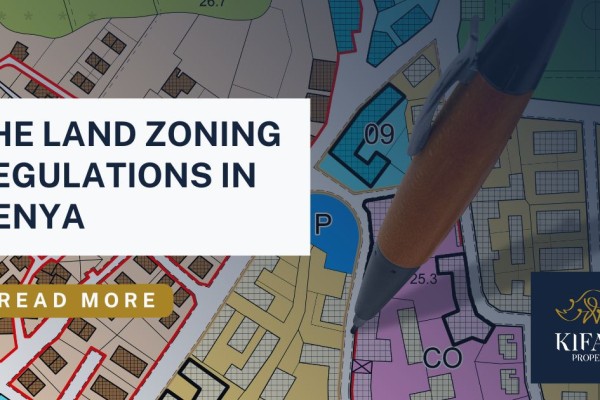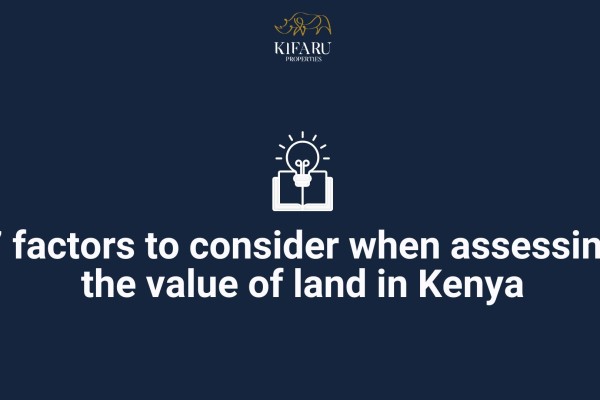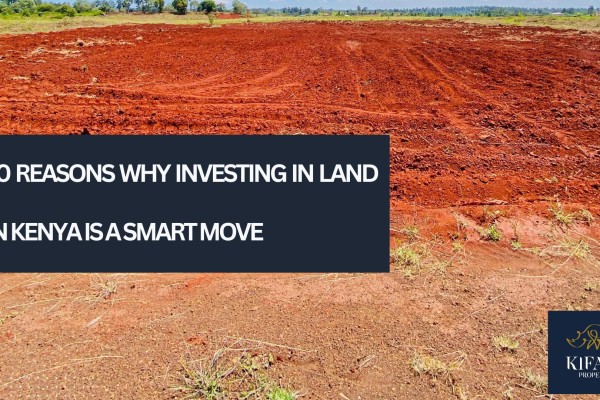- Jun 26, 2024
- Kifaru Meadows
- 1,332
Location: The location of the land is arguably the most significant factor influencing its value. Properties situated in prime areas, such as urban centers, popular residential neighborhoods, or areas with high commercial potential, tend to command higher prices. Proximity to amenities, transportation links, and essential services like schools and healthcare facilities also contribute to increased land value.
Accessibility: The ease of access to the land is another crucial consideration. Properties with good road networks, well-maintained access routes, and convenient entry points are typically more desirable and valuable. Land that is difficult to access or lacks proper infrastructure may be less appealing to potential buyers and, consequently, have a lower market value.
Land Size and Dimensions: The size of the land parcel and its dimensions play a role in determining its worth. Larger plots may be more valuable, especially in areas with high demand for residential or commercial development. However, the shape and dimensions of the land can also impact its usability and, consequently, its value. Irregular or awkwardly shaped parcels may be less desirable and command lower prices.
Zoning and Permitted Use: Local zoning regulations and permitted land use significantly influence the value of a property. Land designated for specific purposes, such as residential, commercial, or industrial development, will have different values based on market demand and potential for future development. Understanding the zoning laws and permitted use of the land is crucial when assessing its worth.
Topography and Soil Quality: The physical characteristics of the land, including its topography and soil quality, can affect its value. Flat, well-drained land with fertile soil is generally more desirable and valuable for agricultural or construction purposes. Steep or rocky terrain, poor soil quality, or land prone to flooding or erosion may be less valuable and require additional investment for development.
Infrastructure and Utilities: The availability of essential infrastructure and utilities, such as water, electricity, and sewage systems, can significantly impact the value of land. Properties with existing connections to these services are typically more valuable than those requiring extensive infrastructure development, which can be costly and time-consuming.
Market Demand and Economic Factors: The overall market demand for land in a particular area, as well as broader economic factors, play a role in determining its value. Areas experiencing population growth, economic development, or increased investment may see higher land values due to increased demand. Conversely, economic downturns or declining population trends may lead to lower land values.
When assessing the value of land in Kenya, it is essential to consider these factors holistically. Working with experienced real estate professionals, such as land valuers and real estate agents, can provide valuable insights and guidance throughout the assessment process. By thoroughly evaluating these factors, both buyers and sellers can make informed decisions and ensure fair and accurate valuations for land transactions.




